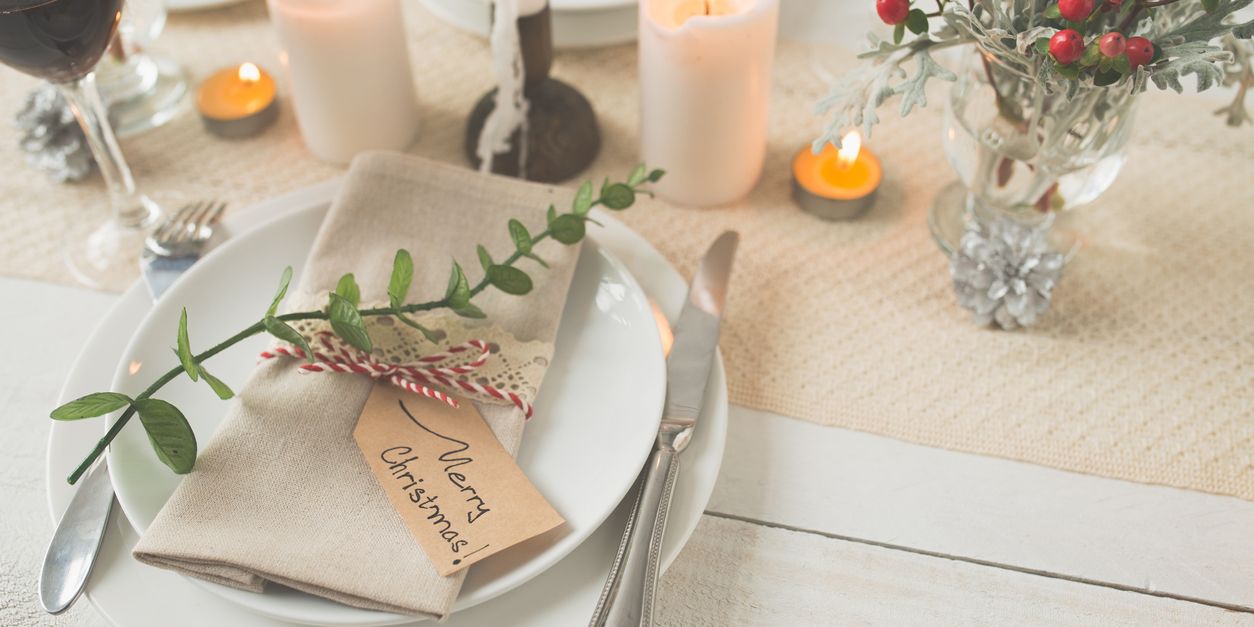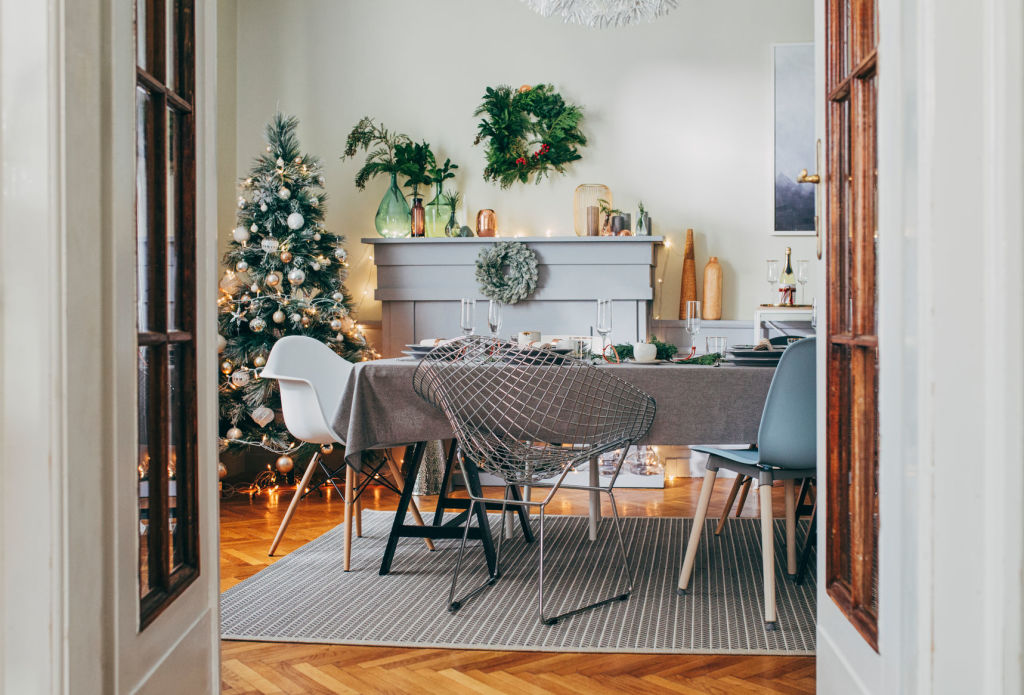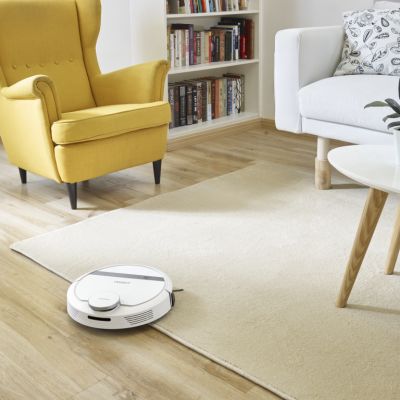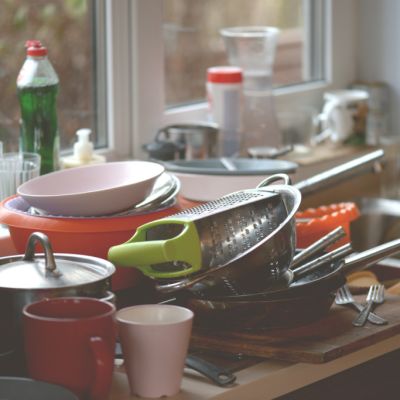The biggest etiquette mistakes guests make at Christmastime

Fancy yourself a guest at Christmas this year, without the stress of hosting yourself?
According to Australian School of Etiquette founder Zarife Hardy, there’s certainly a level of expectation about how we should engage with one another, especially if we are a guest at someone’s home for Christmas.
In short, there’s a very particular list of do’s and don’ts.
Bring something that adds to the meal
“Firstly never arrive empty-handed; you should bring a Christmas gift for the host or the host’s family along with wine, chocolates or something that adds to the meal,” Hardy says, emphasising that the contribution should be thoughtful, given the effort that goes into hosting.
BYO doesn’t just mean alcohol
Hardy adds the concept of “Bring Your Own” should extend far beyond the confines of alcohol.
“If your whole family is attending, it is not polite to arrive at your host’s home and clean them out of certain items – this is very important if you are staying the night – bring your own shampoo, toothpaste and towels.
“Don’t be a freeloader, if you know you will be drinking all day then bring more than one bottle of wine; if you’ll be spending several days with your hosts treat them to dinner out or offer to cook a meal for everyone.”
According to Hardy, if you’re allergic or unable to eat certain foods, professional etiquette dictates you should look after yourself to avoid putting out already busy host out.
“If you or a family member has an allergy, is vegetarian or is picky, always offer to bring a plate.”

Be considerate of tradition
“You should always be considerate of others, the host their family and any other guests there, it’s not your party it’s theirs,” she says. “If their tradition is to play board games after lunch or outdoor cricket then participate with enthusiasm. Don’t treat hosts as your personal servant and be respectful of their religious and cultural beliefs.”
Don’t be obnoxious
Hardy says one of the rudest things you can do is invite yourself, or spontaneously “pop in” to someone else’s celebrations.
“When you are drinking all day long, don’t become that messy, loud, obnoxious guest.”
She cautions against “excessive” behaviour, spanning to excessive eating, drinking, complaining and talking.
“Don’t monopolise the conversation and make it all about you.”
Acknowledge that entertaining can be hard
Some people love entertaining in their own homes, and others truly despise it. Hardy says acknowledge that it can be a lot of hard work.
“After lunch is not the time for yourself to relax on the couch and have a nap. Entertaining is hard work, always call the next day or send a thank you note, you may even offer to come back and help clean up. Be mindful of overstaying.”
We recommend
We thought you might like
States
Capital Cities
Capital Cities - Rentals
Popular Areas
Allhomes
More










